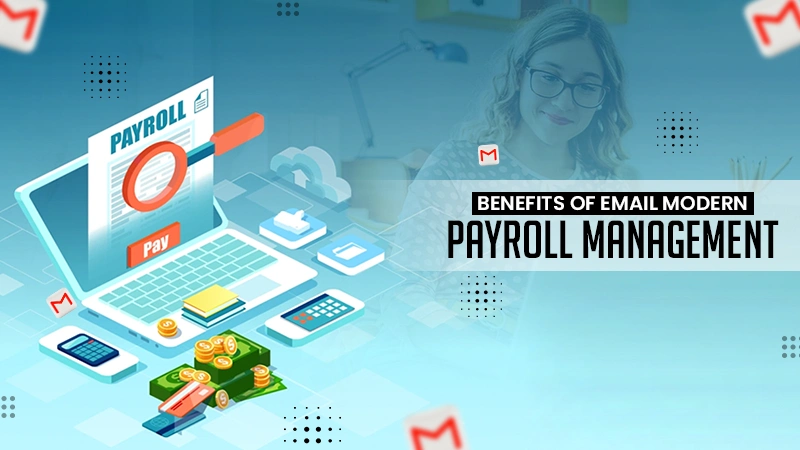Understanding Additional Fees Your Internet Service May Charge
When you look at your internet bill, you might notice a few fees that have been added. There are some ways that you can avoid overpaying these fees as well as a few things that you can do that can save you money on your bill each month. A high-speed internet connection was once considered a luxury service for those who could afford it, but now, it’s become a necessity for most households. It’s a service that’s needed almost as much as water and electricity, especially when people work from home or take classes online. The internet bill is one that should simply be budgeted for in the month’s bills so that it’s covered. However, the final amount could be subject to change after reviewing a few details.
Fees by the Provider
While the internet service provider you choose might advertise one price, it’s usually not the final amount that you’re going to pay. The fees that are attached to your bill will usually vary based on the internet provider, but there are a few common types that are often added by most companies.
Equipment
If you need to use the provider’s equipment, then you’ll usually see a rental fee on your bill each month. Some providers will only charge you a set amount, which means that you would stop paying for the equipment once the amount has been paid off. However, other providers charge each month as long as you use their service. A way that you can save on this fee is by getting your own equipment, such as a router or modem.
Installation
While some providers don’t charge an installation or activation fee if you’re able to set everything up on your own, you might have to pay a one-time fee if someone has to come out to your home to help you get started. If no internet lines are running into your home, then a technician will likely need to come out to make sure everything is wired correctly. With many providers, this fee is often waived. However, if you need further assistance throughout your contract, then you might have a fee added to your next month’s bill.
FCC Fees
A fee is usually charged quarterly by the Federal Communications Commission for internet providers such as Spectrum to expand broadband services to people who live in low-income and rural areas. This fee is supposed to allow for more people to be able to connect to the internet, even if they don’t live in a large city so that they can receive the services that they need. You’ll usually see that this fee is less than $10 a month and is only charged about every three months.
Late Payments
If you don’t pay your monthly bill on time, then you’re going to see a late fee on your bill the following month. This is usually a percentage of your bill, but some companies could charge a flat fee, such as $20 or more depending on how many times you’re late paying your bill or the types of services that you have. This is why you want to budget for your internet bill each month so that it’s paid on time.
Cancellation
Unfortunately, some providers charge a fee for canceling before your contract expires. This could be several hundred dollars depending on how much time you have left on your contract. If you really want to end the relationship with the provider or if you move to an area where the provider doesn’t offer services, then reach out and contact them instead of simply canceling.
Overage
If you’re only allowed a certain amount of data each month, then you might notice an overage fee. You could always increase your data allowance each month so that this fee isn’t attached.
Share














